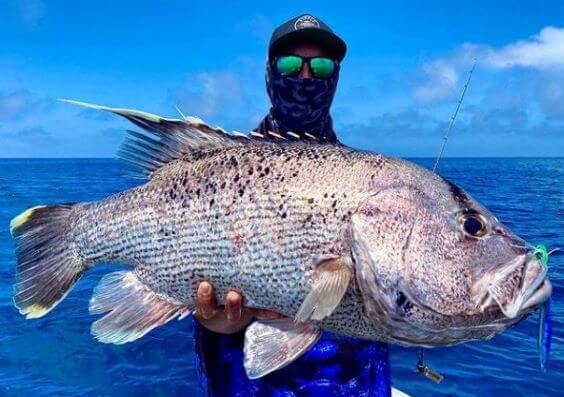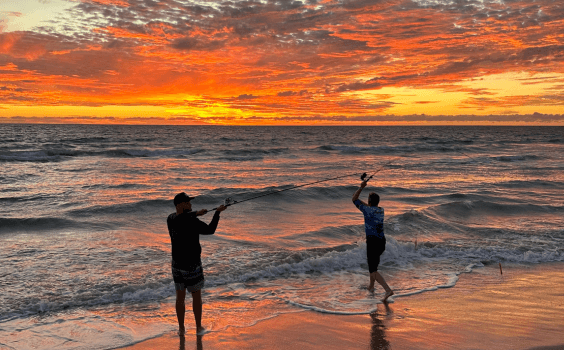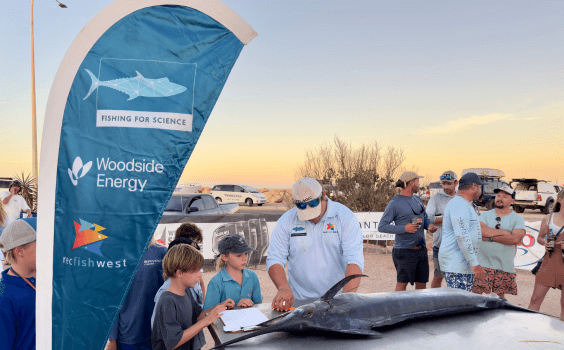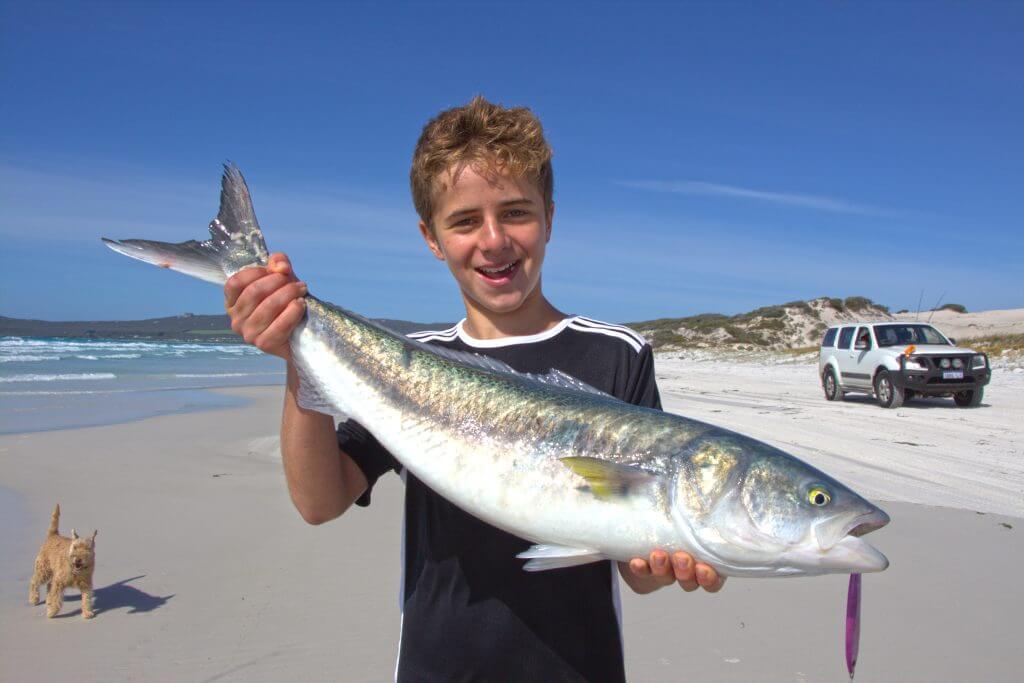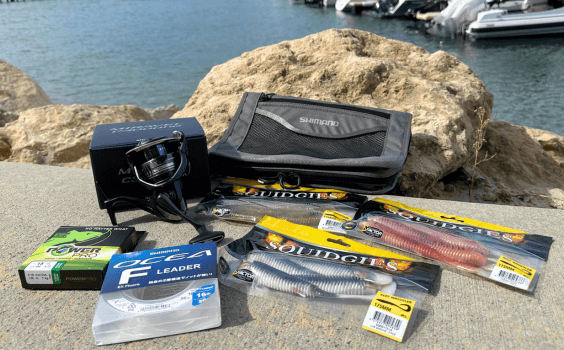It won’t be long before many fishers in the West Coast Bioregion start to turn their minds to catching a dhuie or pinkie for a traditional West Aussie Christmas seafood feed, with the re-opening of the west coast demersal fishery on the 16 December.
These iconic species form a quintessential part of the WA fishing experience — those who chase dhuies, pinkies and baldies contribute in no small way to the $2.4 billion recreational fishers inject into the WA economy every year.
“It is timely that the Department of Primary Industries and Regional Development (DPIRD) yesterday released the latest west coast demersal scalefish stock assessment,” Recfishwest CEO Dr Andrew Rowland said.
“As you might expect, the 150-page stock assessment document produced by DPIRD’s fishery scientists isn’t exactly light reading, it’s a long and complex assessment.”
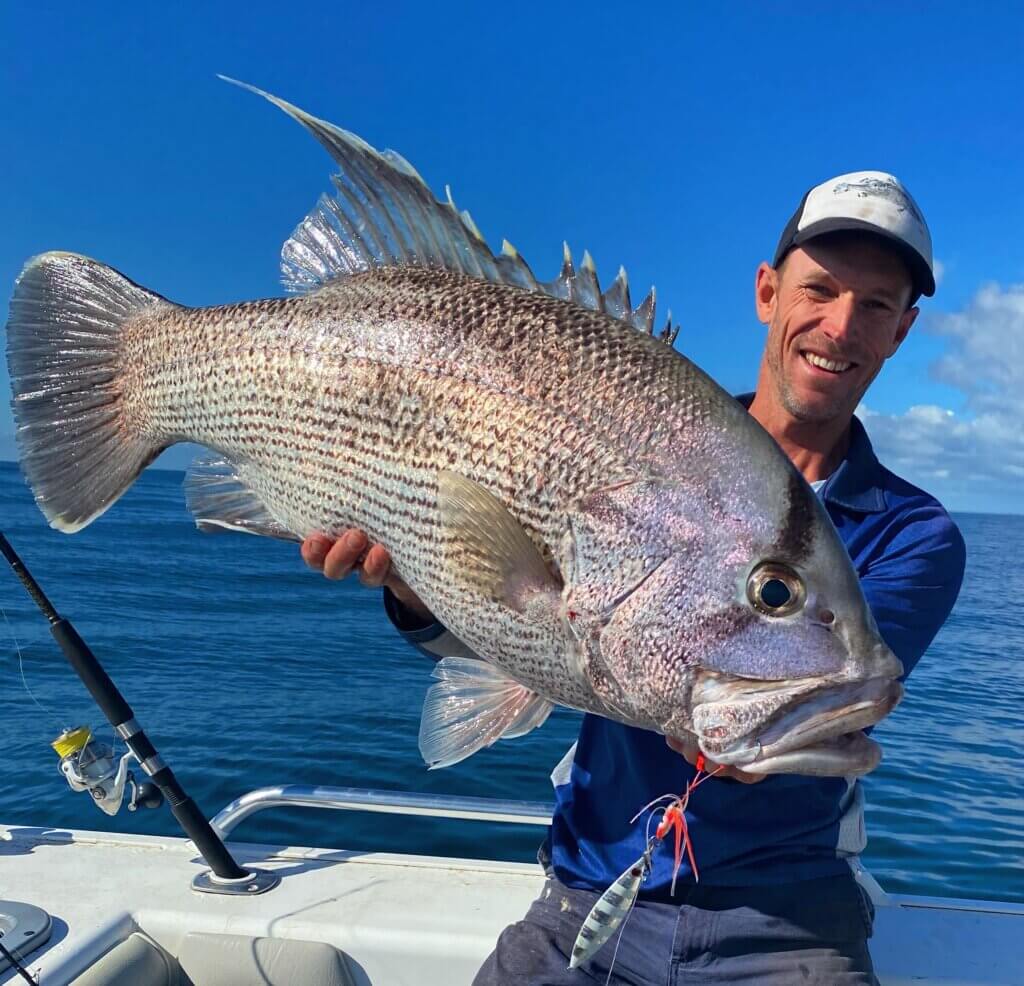
DPIRD has put together a West Coast Demersal Scalefish Resource – Fisheries Science Update providing a summary of the stock assessment.
Download the West Coast Demersal Scalefish Resource – Fisheries Science Update here
Below is the ‘guts’ of the science and the current situation as we understand it. At the halfway point of the 20-year recovery plan:
- The decline of demersal fish stocks in the West Coast Bioregion has been halted and fish stocks are showing signs of recovery which is great news;
- Combined catches for dhufish and snapper are below the Total Allowable Catch for this fishery;
- Unfortunately, it seems recovery is not happening fast enough to meet the 2030 recovery timeframe;
- The stock assessment suggests that the initial catch reductions introduced for the rec and commercial sectors 10 years ago may not have been enough;
- The report details the science and there are currently no plans for any changes to fishing rules or regulations; and,
- The stock assessment does not account for recent management changes such as the State-wide “trip limit” and the expansion of the pink snapper spawning closure.
So what happens next?
DPIRD is forming a stakeholder-based reference group including Recfishwest, the Western Australian Fishing Industry Council (WAFIC) and Marine Tourism WA representing the charter sector.
This group has been invited to a briefing by DPIRD scientists on the stock assessment today (Friday, 18 November).
The reference group will be given the task in the coming weeks of reviewing this stock assessment against the ecological objectives in the West Coast Demersal Scalefish Harvest Strategy to ensure the recovery target is achieved on time.
WATCH: Recfishers supported measures introduced two years ago to extend the annual pink snapper closure in Cockburn Sound to give more protection to spawning fish like these:
The fish must come first
“The vast majority of fishers care passionately about these special fish and will agree, the sustainability of the fish must always come first,” Dr Rowland said.
“Recfishwest will be playing our part in ensuring this is the fundamental consideration when reviewing the stock assessment.
“It’s in everyone’s interest to ensure the stock recovery happens within the timeframe of the original recovery plan by 2030.
“Like others, I’ve heard rumours swirling around recently of a five-month demersal closure being introduced — we have been reassured by DPIRD there is no substance in this and it has never been raised with Recfishwest.
“We have been reassured by the Department that no management changes will be recommended to the Fisheries Minister and implemented without community consultation first.
“This will not take place until later next year and rest-assured we will ensure this is a transparent process by keeping you up to speed with developments every step of the way.”
